Degraff Stables/Liberty Farm Equine Reproduction Center, Midway KY, has identified itself as the site of a recent outbreak of contagious equine metritus (CEM). The venereal infection was first detected on December 10, during a routine test of semen (prior to export to Europe) from a 16-year-old Quarter Horse stallion. Since then, three other stallions at the facility have been confirmed as infected.
The affected stallions and all exposed horses on the farm have been quarantined and officials are in the process of contacting owners of mares that were exposed during the 2008 breeding season. Mares bred to an infected stallion via artificial insemination are considered exposed and are quarantined pending tests to determine if they are infected.
CEM, which causes infertility in mares and can result in spontaneous abortions, is transmitted either during live breeding; indirectly by artificial insemination; or through contamination during the artificial insemination process.
According to the Kentucky Department of Agriculture, 22 stallions from various states were bred at Degraff Stables/Liberty Farm Equine Reproduction Center during the 2008 breeding season. Thirteen of the stallions were relocated to other states, and one was relocated to another facility in Kentucky. The USDA’s Federal Veterinary Service is coordinating testing and treatment of stallions.
“There is great concern over the ramifications of this situation on domestic and international transport, as many countries only accept horses that are certified to come from a country free of CEM,” read a memorandum issued by the American Horse Council.
“We want to make sure that this investigation is executed as quickly and efficiently as possible to protect the U.S. horse industry from further spread of the disease and to ensure that the U.S. can maintain its status of being free of CEM and allow continued movement of horses.”
Infected stallions exhibit no symptoms. Inflammation of the uterus may cause a thick vulvar discharge 10 to 14 days after breeding in the acute stage of the disease, in mares. Milder chronic inflammation causes less obvious discharge, but once bacteria are established in the reproductive tract, a mare is still infectious and can remain a carrier.
Treatment involves the use of sulfamenthoxazole tablets with Trimethorim (SMZs), commonly used to treat susceptible bacteria, as well as the application of topical cleansers.
The disease was first recognized in the late 1970s and has been detected in numerous countries. In 1978, the importation of two contaminated stallions from France affected 54 Thoroughbred mares on two farms in Kentucky.
According to the Versailles, Kentucky newspaper, the Woodford Sun, DeGraff Stables, formerly based in Port Clinton, OH and home of AQHA world champion and world champion sire Indian Artifacts, purchased the 130-acre Liberty Farm in the fall of 2007 to take advantage of the Kentucky Quarter Horse Association Incentive Fund.
According to DeGraff Stables/Liberty Farm website, 151 mares were bred at the facility in 2008 and 439 mares received shipped semen from the facility.
